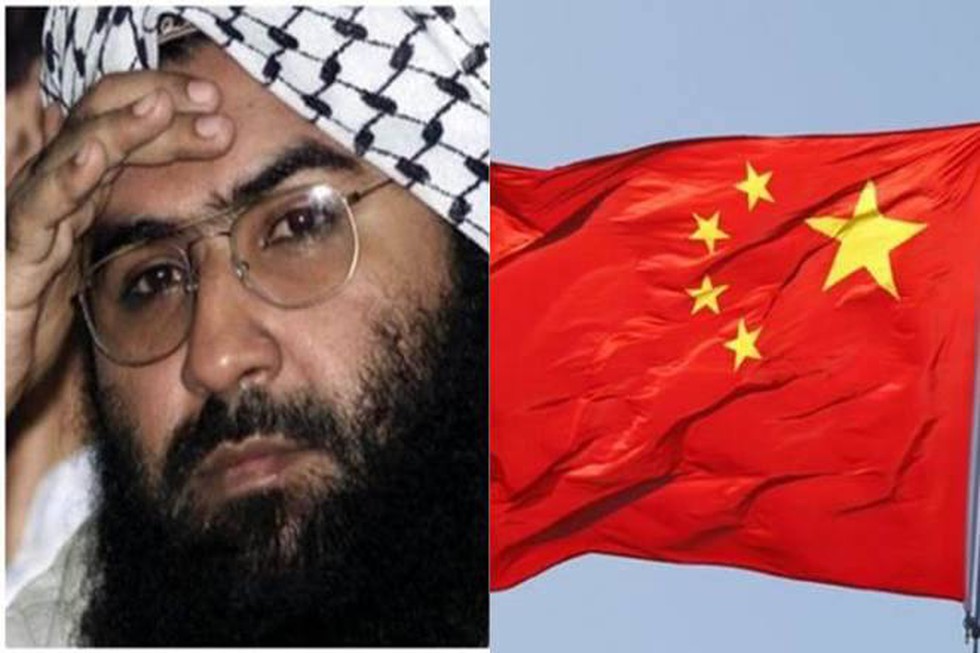United Nations Security Council Resolution 1267:
- UN Security Council Resolution 1267, prescribes a sanctions regime against designated terrorists and terrorist groups.
- In 1999, the U.N. had set up an al-Qaeda/Taliban sanctions committee (UNSCR 1267) to impose strictures on anyone dealing with the Taliban and Osama bin Laden.
- It took two years and the 9/11 attacks for the JeM to be designated a terror group by the UNSC 1267 sanctions committee in 2001.
- In 2015, the UNSC renamed it as the “ISIL (Da’esh) and al-Qaeda Sanctions Committee” (UNSCR/2253).
India’s proposal:
- In February 2016 after the Pathankot attack, India put forward a proposal to designate Maulana Masood Azhar – the head of the Jaish-e-Mohammed, which was already a banned entity – as a global terrorist under the 1267 regime.
- Censuring Azhar would result in freezing his financial assets and cutting off supply of funds to his terror organisation.
- However, India’s proposal has been blocked four times by China, most recently in January 2017.
- Jaish-e-Mohammad – which has carried out multiple attacks on India over the last nearly two decades – has claimed responsibility for killing the 40 CRPF personnel in J&K on February 14. But its leader, Maulana Masood Azhar, eludes international sanctions.
Probable Reasons for China’s move:
- To protect Pakistan, its “all weather” ally in South Asia. Infact, Chinese foreign ministry also argues that it supports Pakistan because it’s also a victim of terrorism.
- Good relations with Pakistan, and international protection for ISI proxies like Jaish provide China with insurance against terrorist attacks on CPEC infrastructure and the thousands of Chinese working on them.
- Such tactics are also intended to send out a message to the US, which seeks to build a relationship with India to contain China in the Indo-Pacific. India’s ties to US have fuelled Chinese suspicions and using Azhar could be one way to bait India.
https://www.thehindu.com/news/national/masood-azhar-as-global-terrorist-china-blocks-bid-at-un-yet-again/article26525313.ece
